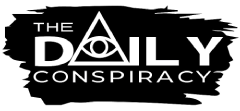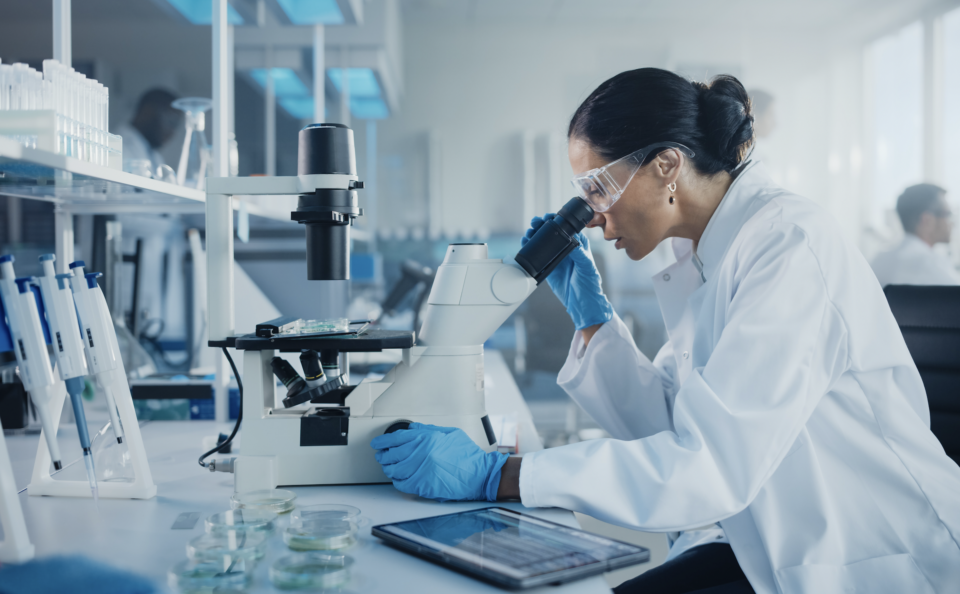In a South London facility that once produced biscuits, an innovative transformation is underway. The clatter of industrial ovens has given way to the precision of robotic arms, DNA sequencing machines, and incubators. James Field and his company, LabGenius, are orchestrating a groundbreaking endeavor here, not for confectionery but for engineering novel medical antibodies driven by artificial intelligence.
Traditionally, antibodies, the body’s defenders against diseases, are crafted by the immune system. They are specialized proteins designed to attach to foreign invaders, facilitating their removal from the body. Since the 1980s, pharmaceutical firms have been crafting synthetic antibodies for treating conditions such as cancer and preventing organ rejection in transplants. However, manual antibody design is a slow, complex process. It involves sifting through millions of potential amino acid combinations to discover those that correctly fold together, followed by experimental testing. LabGenius is revolutionizing this methodology.
Field, the CEO of LabGenius, established the company in 2012 while pursuing a PhD in synthetic biology. The firm integrates DNA sequencing, computation, and robotics to automate antibody discovery. Their South London lab deploys machine learning algorithms to create antibodies targeting specific diseases, while automated robots construct and cultivate these antibodies for testing. The process is largely autonomous, with data fed back into the algorithm. Human scientists pinpoint a range of possible antibodies to combat a disease, but LabGenius’ machine learning model expedites the exploration of this vast space. Technicians prepare samples and oversee the process, while machines handle the experimental steps.
LabGenius’ approach not only accelerates the process but also uncovers unconventional solutions that might be overlooked by human scientists. The automation from problem setup to initial batch completion takes only six weeks, propelled by machine learning. The company, backed by $28 million in funding, is forming partnerships with pharmaceutical companies, offering its services as a consultancy. Ultimately, this AI-powered methodology promises more effective antibody treatments with fewer side effects, revolutionizing patient care. As Field aptly puts it, “They’re very distinct and often counterintuitive designs that you as a human would come up with—which should enable us to find molecules with better properties, which ultimately translates into better outcomes for patients.”

